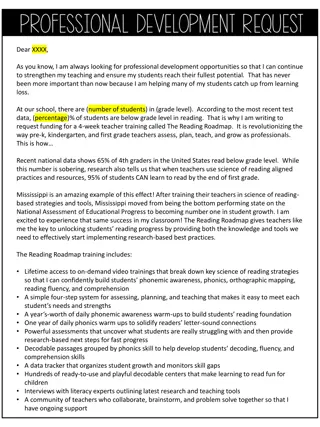
Insights from Millionaires and the Mysteries of Brain and Nature
Discover the secrets of millionaires' success as revealed by author Thomas J. Stanley and explore the fascinating world of REM sleep and plant communication. Learn how passion for work trumps academic achievement in achieving wealth, delve into the importance of REM sleep for emotional processing and memory retention, and uncover the interconnectedness of plants through a vast fungal network underground. Expand your understanding of diverse topics in this thought-provoking collection of snippets.
Download Presentation

Please find below an Image/Link to download the presentation.
The content on the website is provided AS IS for your information and personal use only. It may not be sold, licensed, or shared on other websites without obtaining consent from the author. If you encounter any issues during the download, it is possible that the publisher has removed the file from their server.
You are allowed to download the files provided on this website for personal or commercial use, subject to the condition that they are used lawfully. All files are the property of their respective owners.
The content on the website is provided AS IS for your information and personal use only. It may not be sold, licensed, or shared on other websites without obtaining consent from the author.
E N D
Presentation Transcript
34 ?_1 / p. 110 Reader s Bank Level 6 Most people want to become rich, but they don t know how. Well, you might learn from Thomas J. Stanley, the author of The Millionaire Next Door and The Millionaire Mind. He spent much of his life studying the habits and behavior of millionaires. Stanley conducted a study of more than 1,000 millionaires in America. ( ) Surprisingly, the results showed that most of the millionaires attended average universities. ( ) And their academic achievements were not very high. ( ) But most of the millionaires said that they loved their work. ( ) Their success was a direct result of loving their business. ( ) This gave them the energy and passion needed to succeed.
34 ?_2 / p. 110 Reader s Bank Level 6 Life is too short to spend time doing something you don t enjoy. Take a look inside your heart and ask yourself what you want to do more than anything else in the world. And then try your best in the work you choose. Who knows? You might become a millionaire, too. This suggests that they were not unusually bright people.
35 , REM !_1 / p.112 Reader s Bank Level 6 When we sleep, do our brains stop working? It depends. During some stages, the brain slows down. During other stages, our brains are just as busy as when we are awake. The busiest time for the brain is a stage called REM sleep. REM is short for Rapid Eye Movement. The sleeper s closed eyes move rapidly from side to side at this stage. REM sleep is very necessary for processing emotional issues and keeping the brain healthy. Dreams that take place during REM sleep give the brain a chance to let go of hidden emotions, like sexual desires and jealousy. People are usually too ashamed to express these feelings when they are awake. Dreams allow them to
35 , REM !_2 / p.112 Reader s Bank Level 6 let out these feelings. This gives them peace of mind. REM is also a stage when information is transferred into long-term memory. For this reason, if we cannot get enough REM sleep, our brains cannot hold information in our memories for a long time. It usually takes an hour and a half to get to the REM stage after we fall asleep. And REM sleep occurs about five times during a normal eight-hour sleep.
36 !_1 / p.114 Reader s Bank Level 6 On the surface, the forest might seem calm and quiet, but under the ground the plants are busy communicating with each other. The trees and flowers are constantly passing information back and forth. So how do they communicate? They re using a giant network of *fungi. These little guys will grow on the roots of plants and connect the members of the plant kingdom together. And this kind of fungi network is everywhere. 90% of the plants on land are connected to some kind of fungi. This network is so powerful that some scientists compare it to the Internet. (A) , about
36 !_2 / p.114 Reader s Bank Level 6 You probably wonder how plants use this fungi network. They use it to exchange information and nutrients. attacked by insects, they will send out warning signals to other plants. Also, in the fall, when the * birch trees lose their leaves and can t produce sugar, the evergreen pine trees may provide them with nutrients through the fungi network. In the summer, when the birch trees have lots of leaves, they return the favor by sending sugar to the growing pine trees. Like this, plants help each other through the great fungi network even if they belong to other species. (B) , if they are * fungi , (fungus ) * birch tree






















